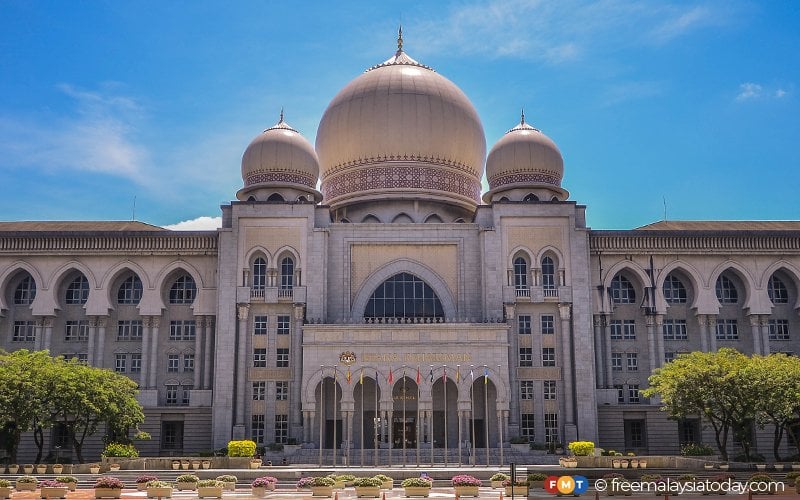
PUTRAJAYA: A legal firm today failed to recover RM16 million in legal fees after its final appeal for the sum to be paid out of alleged illegal proceeds frozen in the accounts of its clients by the government was dismissed.
A three-member Court of Appeal bench, chaired by Justice Hadhariah Syed Ismail who sat with Justices Azman Abdullah and Azmi Ariffin, said the court was bound by a Federal Court majority ruling delivered last year.
She said the case did not fall within any of the exceptions to the doctrine of binding precedent.
Hadhariah said although Section 61(2) of the Anti-Money Laundering and Anti-Terrorism Financing Act 2001 (Amlatfa) had been referred to in the Federal Court ruling, the provision was not specifically canvassed in the apex court.
“Be that as it may, the matter also came up for review (under Rule 137 of the Federal Court Rules 1995) and Section 61(2) was argued before the panel. The bench unanimously dismissed the review application,” she said, adding that Section 61(2) could not stand alone and must be read together with Section 61(4).
“As such we find no merit in the appeal, and the High Court decision is affirmed,” she said.
YB Tan & Co had represented Jailani Jabar and Latifah Taib, two directors of Jai Network Holdings Sdn Bhd, charged with taking illegal deposits and money laundering.
The law firm had also appeared for the company in civil cases.
The government had frozen some RM19.8 million kept in the bank accounts of the company and its two directors, and filed a motion in the sessions court to forfeit the funds.
The legal firm joined the case as an intervener to claim part of the money as legal fees.
In 2018, the sessions court ruled in favour of the government. The ruling was upheld by the High Court in Kuantan the following year, giving rise to the present appeal.
Earlier today, counsel Hisyam Teh Poh Teik submitted that the Court of Appeal was not bound by the majority apex court ruling as the legal firm intended to rely on an exception to the binding precedent rule.
He cited a Privy Council decision of Baker v R in support of his argument.
“We are guided by the decision of the dissenting judge who said the appropriate provision is Section 61(2) and not Section 61(4) of Amlatfa,” said Hisyam, who was assisted by Low Wei Loke.
Deputy public prosecutor Dusuki Mokhtar, who represented the prosecution, said the Court of Appeal was bound by the ruling of the majority in the apex court. - FMT



No comments:
Post a Comment
Note: Only a member of this blog may post a comment.